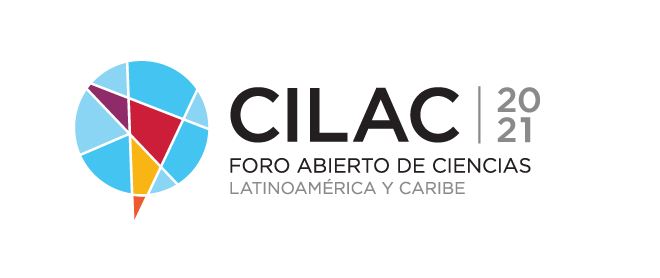The GYA and the Global State of Young Scientists (GloSYS) research team organised the panel event ‘Research in LAC: Leading the Push for Inclusion of Early-Career Researchers’ as part of the Latin America and the Caribbean Open Science Forum 2021 (CILAC).
The first session on 27 April discussed the conceptualisation of early-career researchers (ECRs) in Latin America, the Caribbean and beyond. Elizabeth Balbachevsky (Associate Professor at the Department of Political Science at the University of São Paulo in Brazil), problematised the fact that the universities in the region have historically focused on teaching, rather than researching. Higher education institutions in the region are spaces of struggle between different groups, namely the old academic ‘oligarchies’, new academic elites, researchers leading research-oriented careers under precarious conditions and lecturers locked in teaching-only, temporary positions.
The academic job market in the region poses many challenges for those willing to develop a research career, producing ‘layered’ academic professions amid conflicts over access to universities’ rules, positions and resources. Juan José Berger (Ex-President of the National Association of Postgraduate Researchers in Chile) highlighted that ECRs in Chile face multiple problems stemming from the fact that they are not recognised as workers, but seen merely as trainees. He proposes that a way to move forward in the region is to develop a ‘robust corpus of experts’ through programmes and scholarships in different fields, as well as an ‘observatory’ of science, technology and innovation that studies and engages with these challenges in Latin America.
Using an interactive approach to present her arguments, Lynn McAlpine (Professor Emerita of Higher Education Development at the University of Oxford, UK, and McGill University in Canada) argued that it is crucial to understand the interaction between structural forces that shape the experience of ECRs and their ability to navigate such structures. The overlap between researchers’ career trajectories and their personal lives can offer an entry point to these social issues.
The second session on 28 April dealt with the impact of the COVID-19 crisis on ERCs in Latin America and the Caribbean. Raísa Vieira, (Researcher at the International Institute for Sustainability at the Federal University of Goias in Brazil) emphasised the tension between science as fundamental part of solving the COVID-19 crisis, and the denial of the pandemic and the ability of the scientific system to confront such a crisis. In Brazil, increasingly precarious conditions for researchers are accentuating the elitist character of science, as well as increasing the emigration of highly-qualified scientists. Rodrigo Pérez Ortega (a Mexican science journalist and staff writer at Science Magazine) analysed the disconnection between scientists and decision-makers, as the latter often fail to acknowledge the value of science to face crises such as the one we currently face.
GYA Executive Committee member Sandra López-Vergès (Gorgas Memorial Institute of Health Studies, Panama) argued that the lack of flexibility and the ‘bureaucratic’ way of proceeding in some institutions have made it quite challenging for young scientists to efficiently contribute to the institutional response to the pandemic, while simultaneously developing their own research careers.
Overall, the COVID-19 crisis is revealing the need to develop better science communication to build trust among the population, contribute to decision making and science advice, and disseminate novel ideas among the general population.
